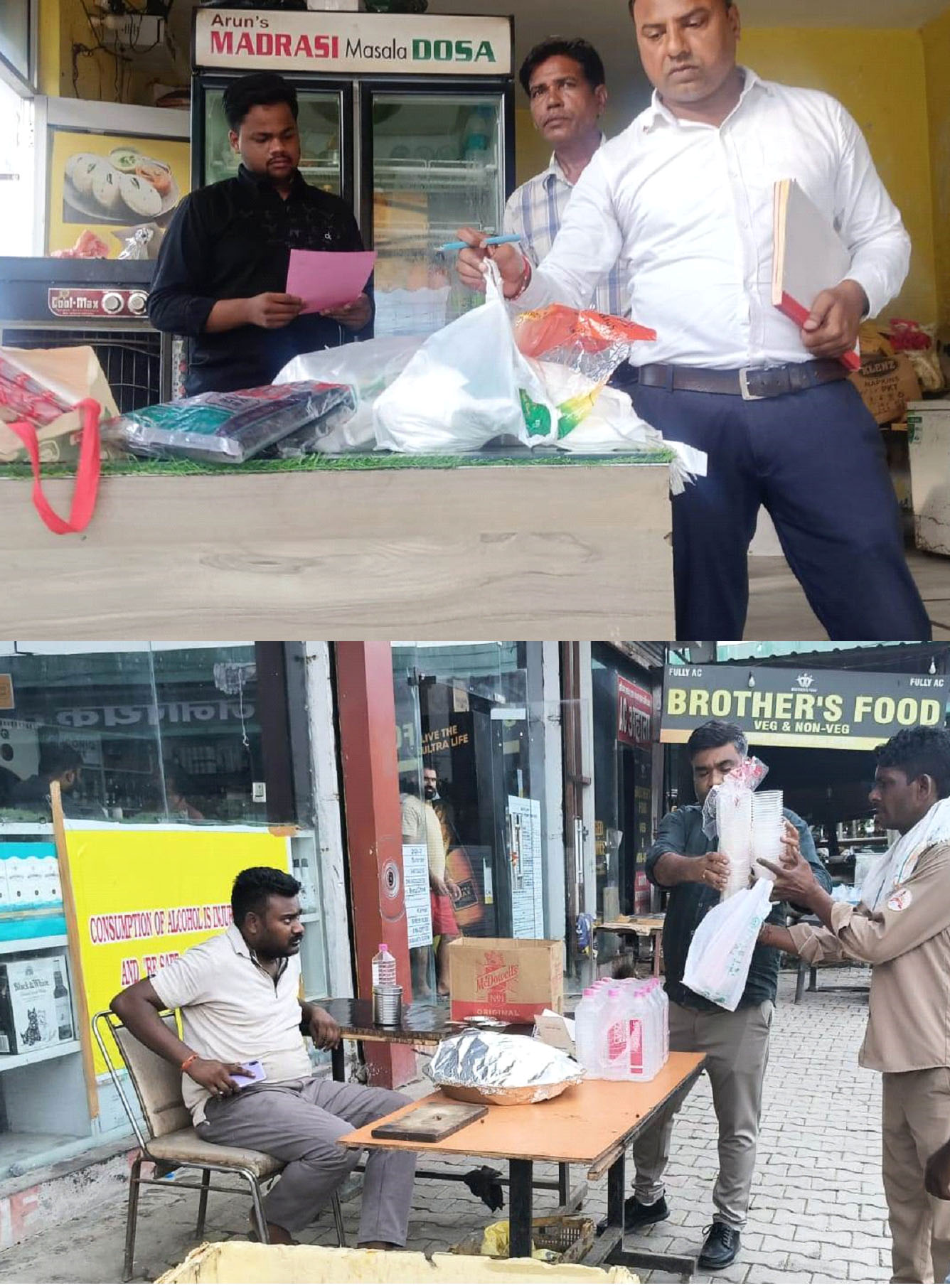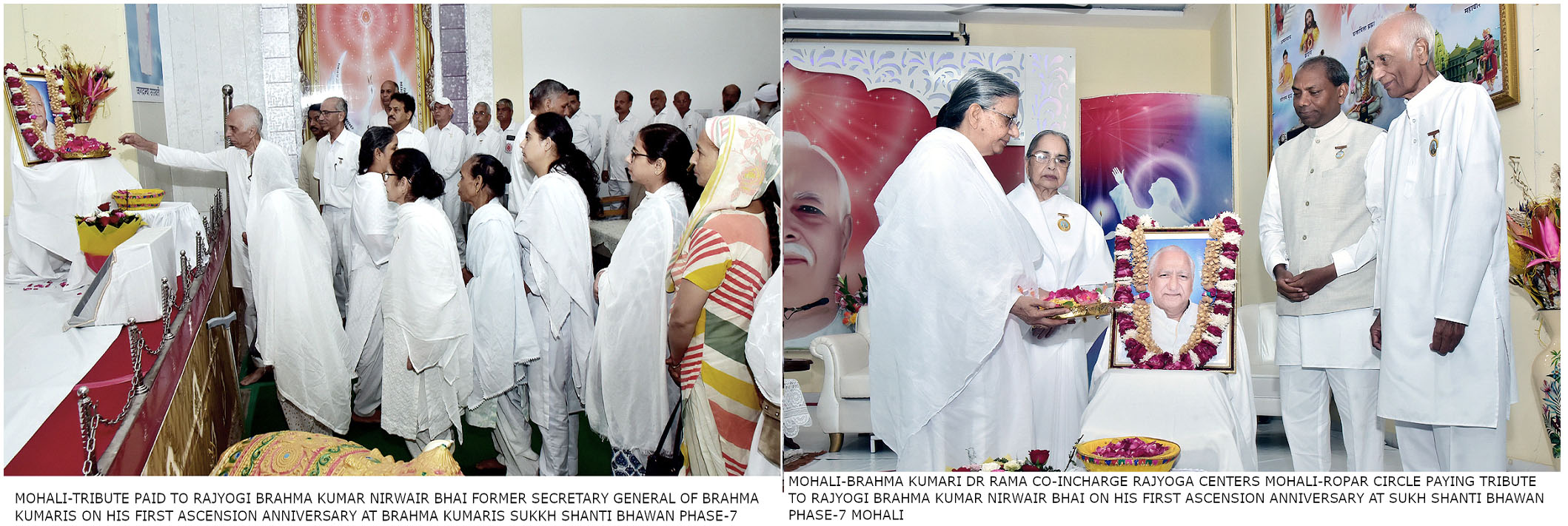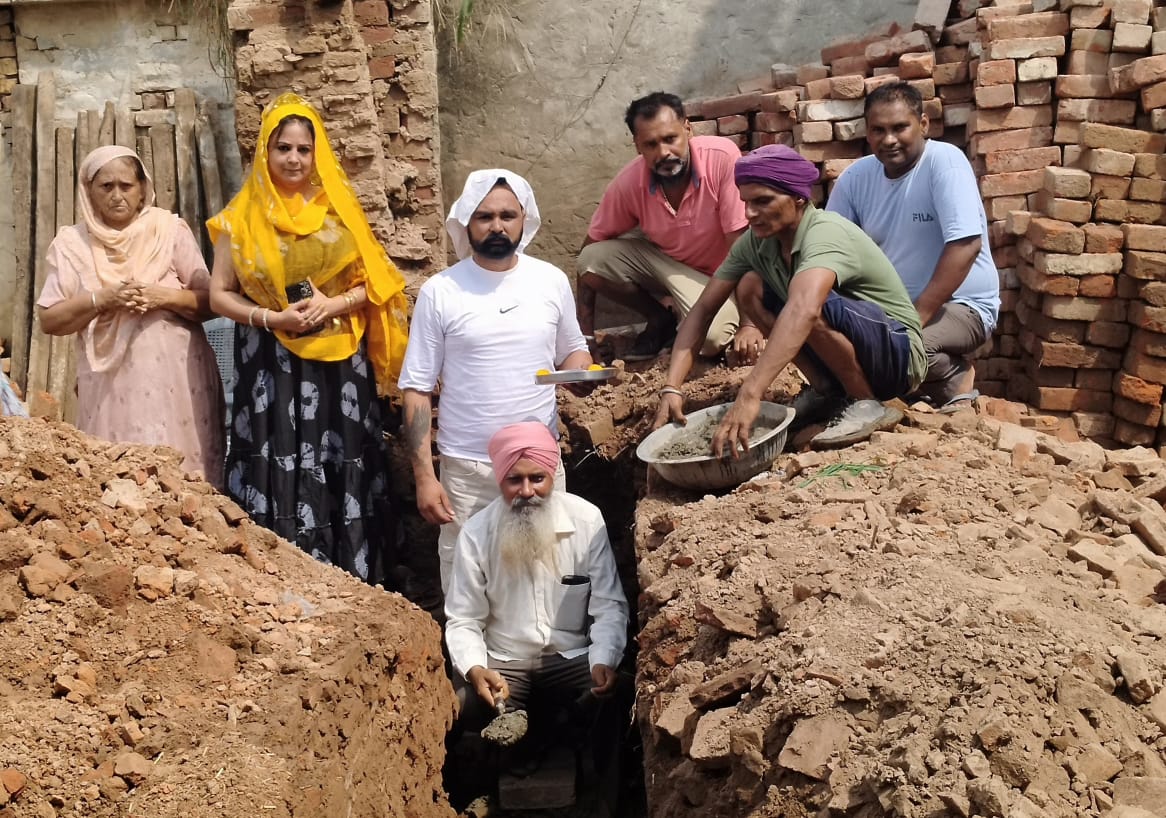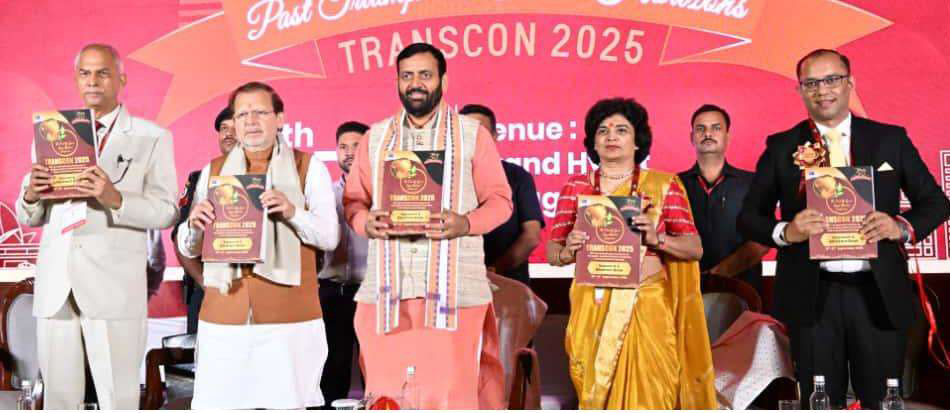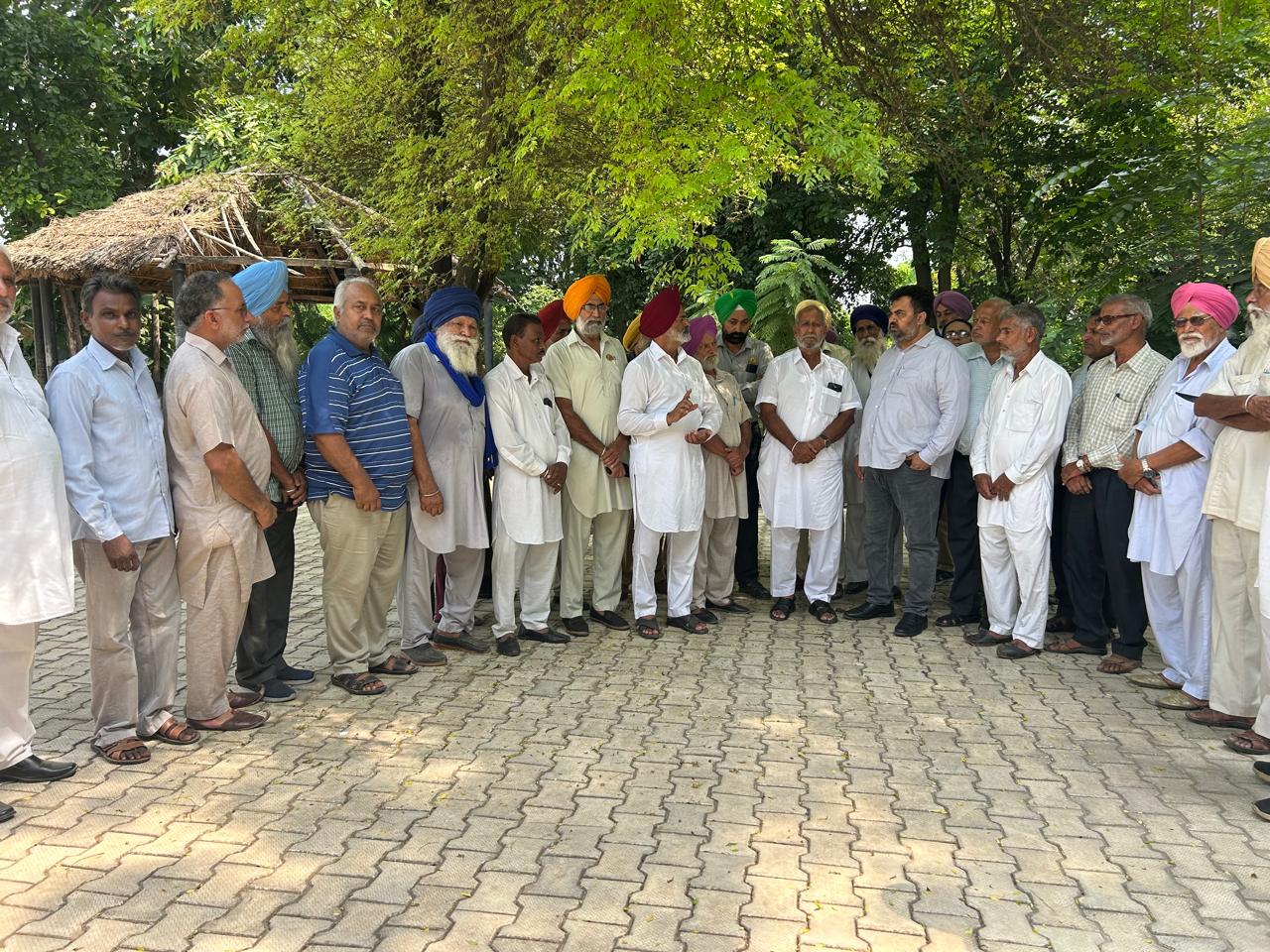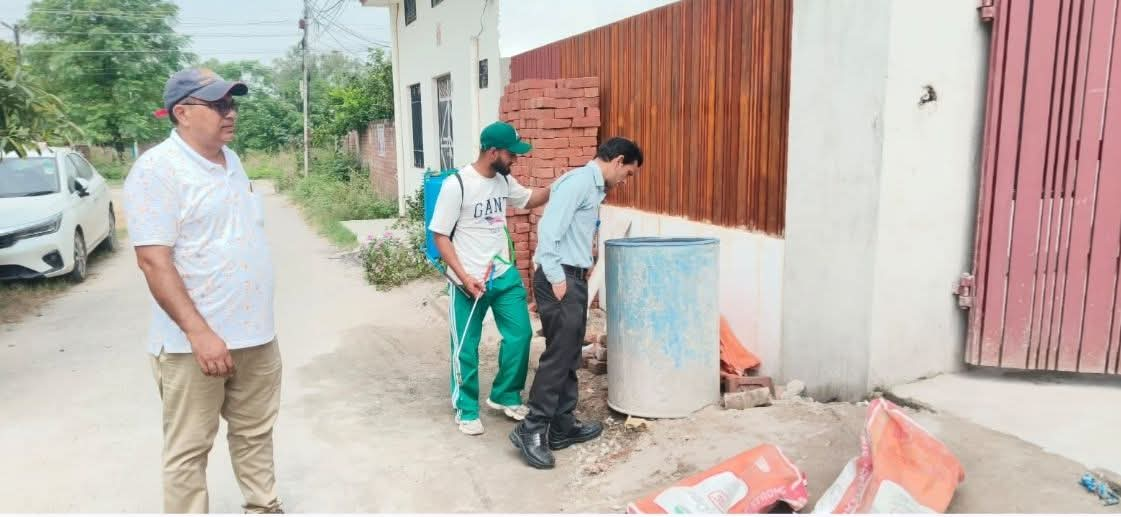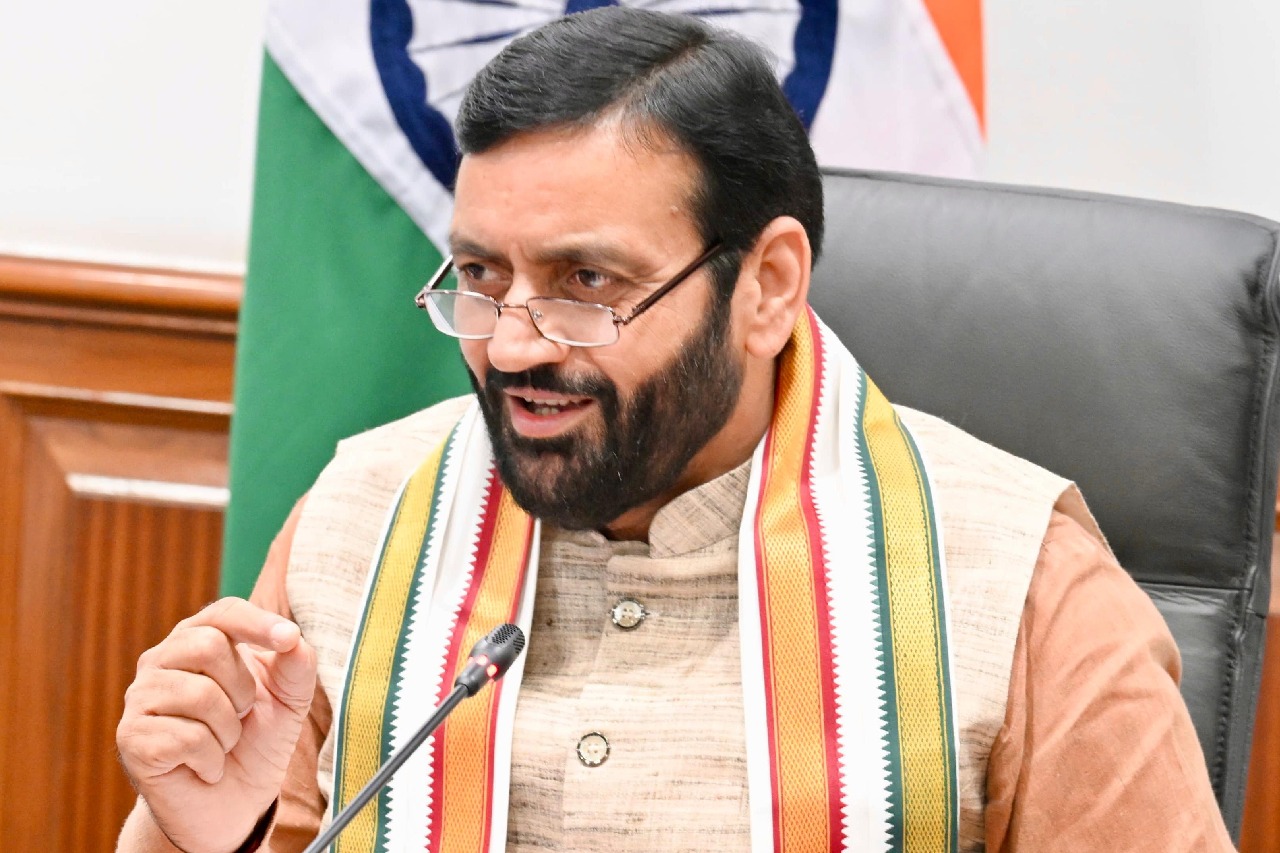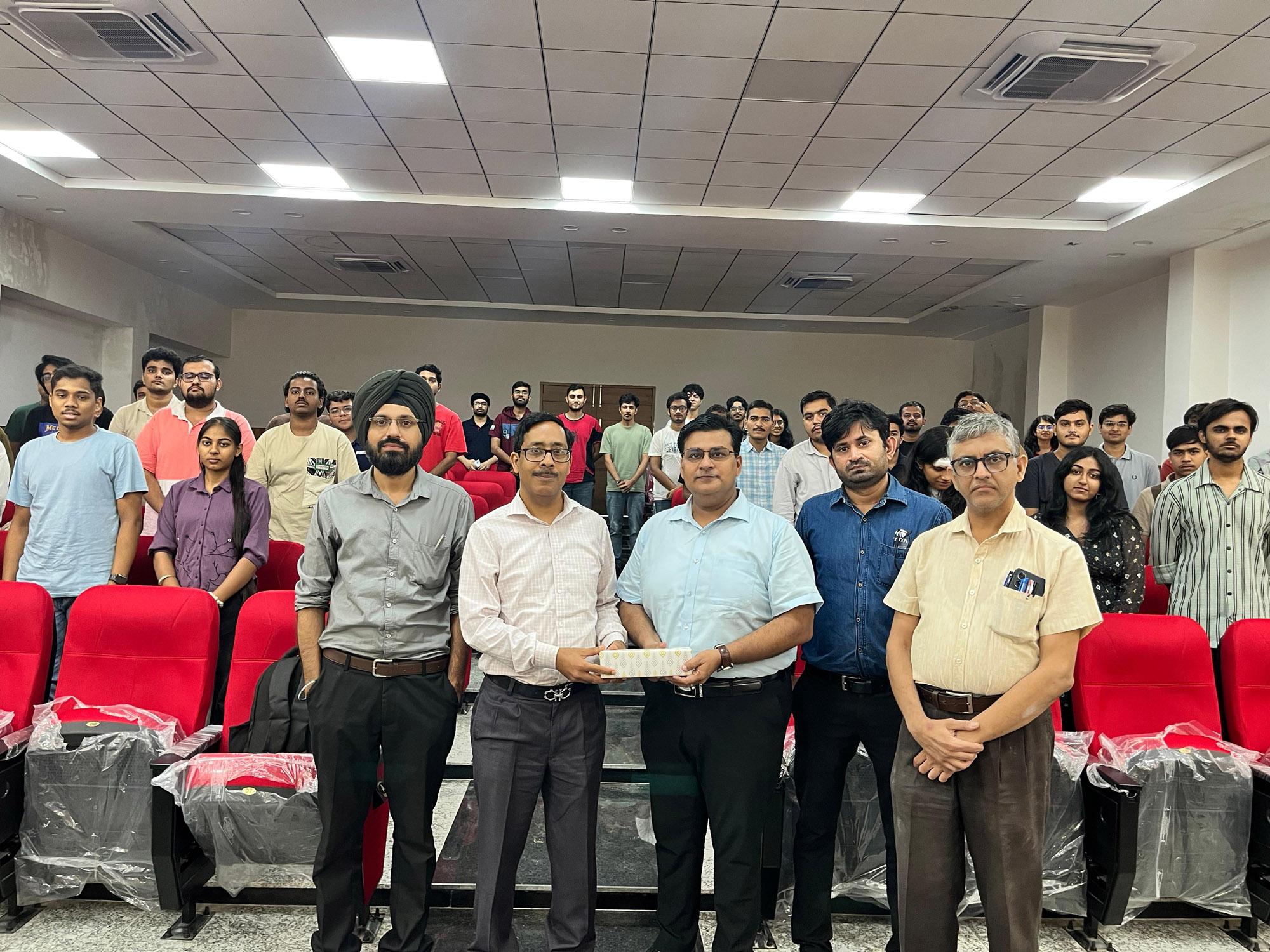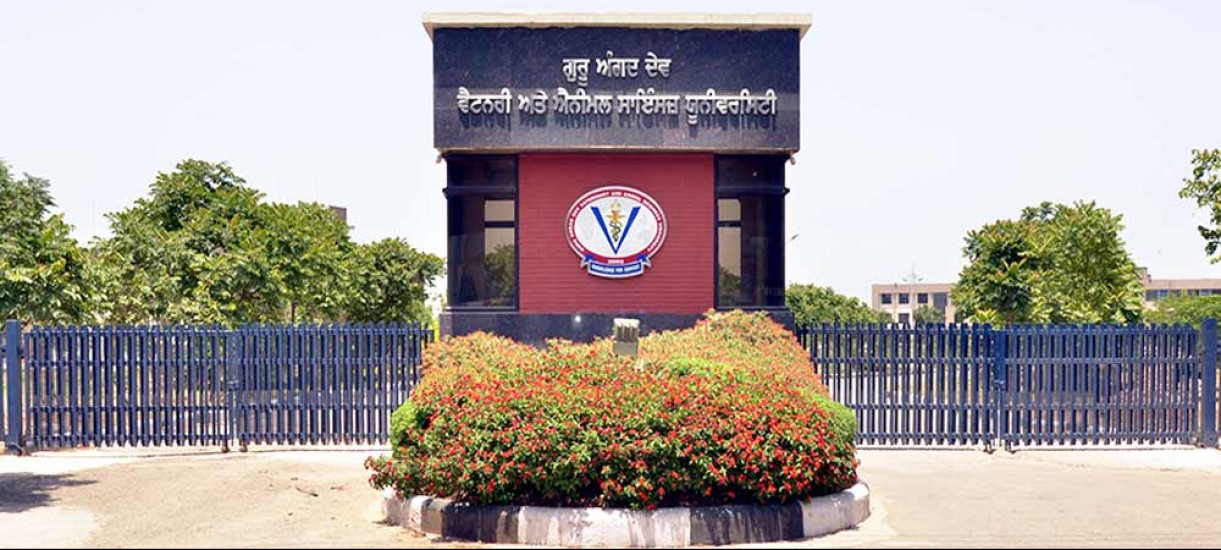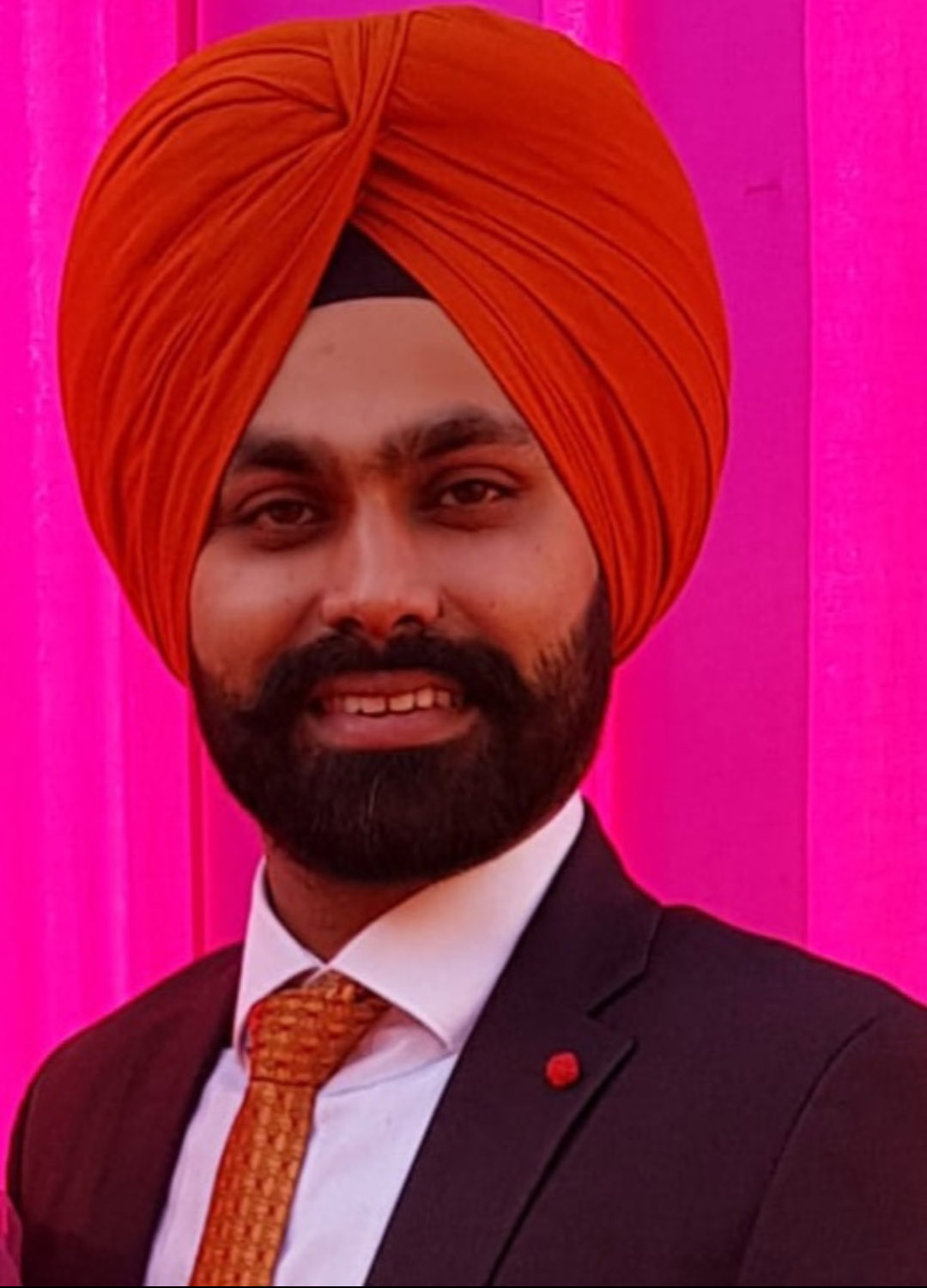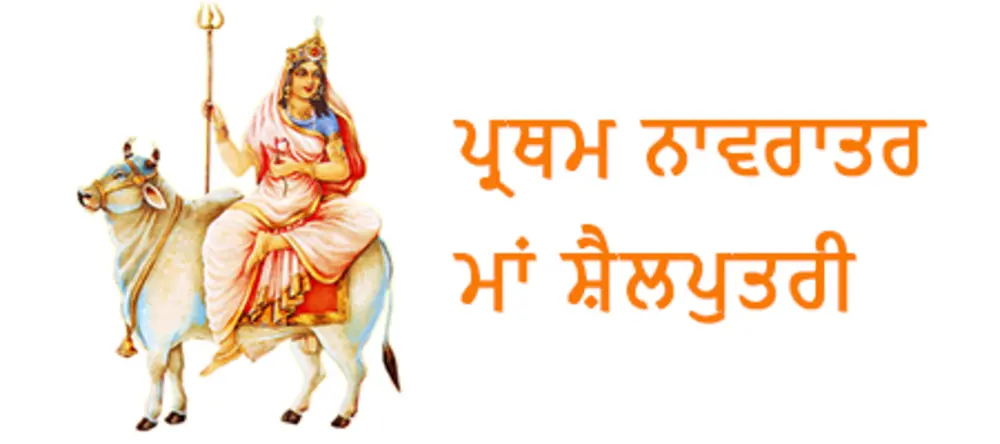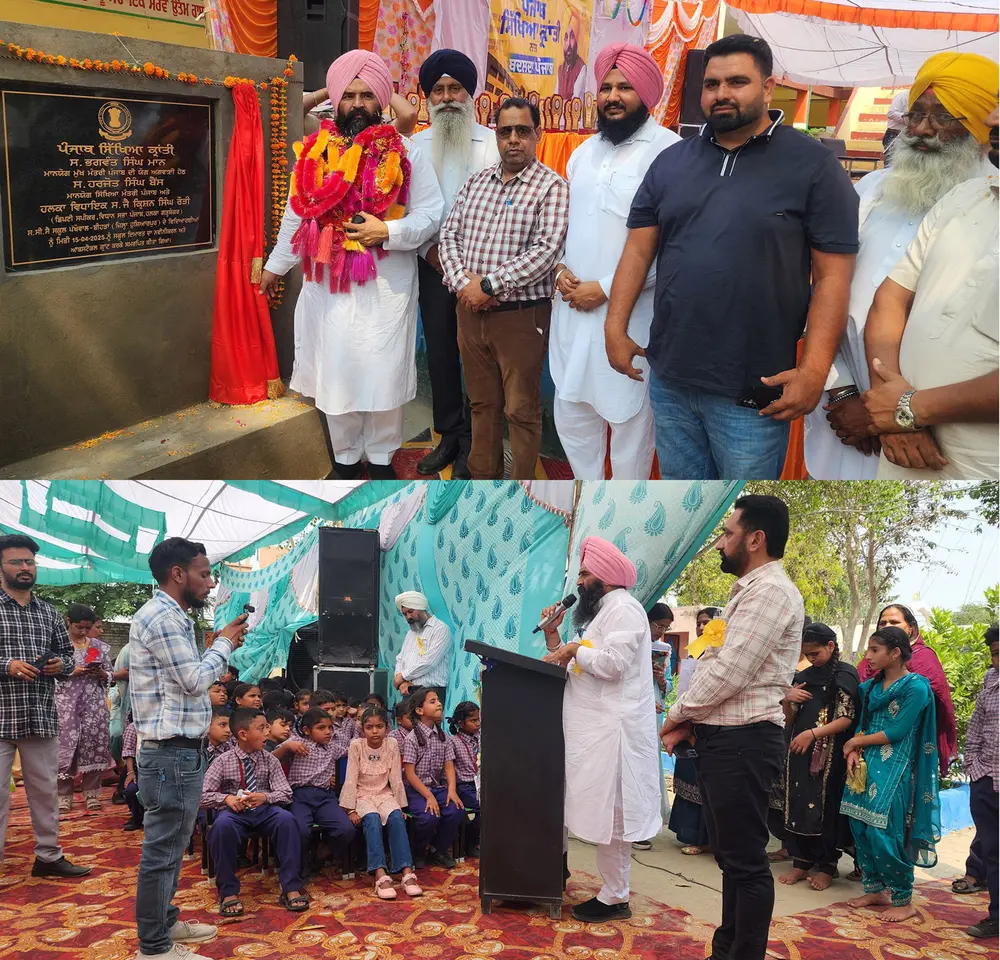
‘Punjab Shiksha Kranti’, Deputy Speaker Jai Krishna Singh Raudi inaugurates works worth lakhs of rupees in 4 schools.
Garhshankar/, April 15: Deputy Speaker of Punjab Vidhan Sabha Jai ??Krishna Singh Raudi today inaugurated works worth more than lakhs of rupees during programs organized in 4 schools under ‘Shiksha Kranti’ and said that the Punjab Government has taken the education sector to new heights which is beneficial for teaching and students.
Garhshankar/, April 15: Deputy Speaker of Punjab Vidhan Sabha Jai ??Krishna Singh Raudi today inaugurated works worth more than lakhs of rupees during programs organized in 4 schools under ‘Shiksha Kranti’ and said that the Punjab Government has taken the education sector to new heights which is beneficial for teaching and students.
Government Elementary School Bharowal, Government Elementary and Middle School Jassowal, Government Middle and Elementary School Dadiyal and Government Senior Secondary. Giving details of the works completed at the cost of lakhs of rupees in School Pakhowal Bihari, Deputy Speaker Jai Krishna Singh Raudi said that the school has modern classrooms which are equipped with necessary facilities along with providing a conducive environment for students to study.
He said that in the recent past, a large scale work has been done to strengthen the infrastructure in the schools of Garhshankar constituency, due to which there has been a big improvement in the condition of these schools.
The Punjab Government under the leadership of Chief Minister Bhagwant Singh Mann has given priority to the education sector. He said that the education model of Punjab will also become an example for other states. Regarding the 12 percent increase in the education budget by the Punjab Government, he said that this increase will further accelerate the pace of all-round development of schools.
He said that the Punjab Government has installed solar panels in 4098 government schools, which will promote clean energy and reduce the cost of electricity. He said that this scheme is being implemented in other schools as well. He said that a provision of Rs 466 crore has been made under the Poshan Yojana, Rs 75 crore for free books and Rs 35 crore for free uniforms so that high-level facilities can be provided to the students of government schools.
Charanjit Singh Channi OSD Deputy Speaker Punjab Vidhan Sabha, Village Helra, Jassowal, Dadiyal and Village Pakhowal Bihara, Goldy Singh Sarpanch, Jagdish Kaur Principal, Seema Rani Principal, Kripal Singh Principal, Gurdev Singh Dhillon, BNO Primary Headmaster Sandeep Badesaro, Rajkumar and Pawan Goyal. Hari Krishna Principal, Sohanlal Lecturer, Gurmel Singh, Charandas, Sarwan Singh, Dharampal apart from school staff, students, parents and prominent personalities of the area were present.

